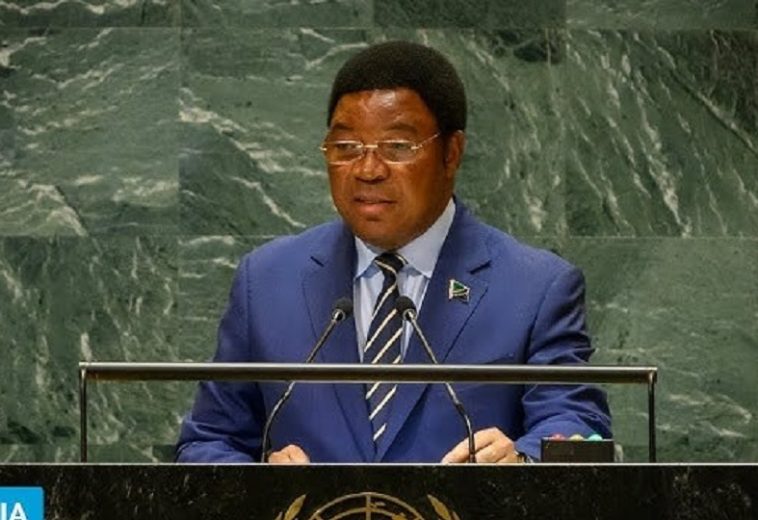In a continent plagued by decades of wars and conflicts, women have played a pivotal role in peacekeeping and conflict resolution. African women, often bearing the brunt of these conflicts, have historically been underrepresented in security roles, despite their involvement yielding positive outcomes in conflict resolution and the promotion of peace across the region.
The participation of women in African peacekeeping efforts has significantly increased in recent years. The United Nations Security Council Resolution 1325, which promotes women’s involvement and perspectives in all UN peace and security efforts, has served as a cornerstone for encouraging countries to enhance women’s roles in peacekeeping and conflict resolution.
In nations such as Rwanda and Ethiopia, women now constitute at least 30% of their peacekeeping forces. This inclusion has brought unique perspectives and skills, particularly in engaging local communities and addressing the gender-specific impacts of conflict. Women’s approaches to conflict resolution are often subtler and more conciliatory than the traditionally more aggressive tactics favoured by men, offering an important complement to peace efforts in a region frequently affected by strife.
Liberia exemplifies the effectiveness of women’s involvement in peacekeeping and conflict resolution. During the country’s devastating civil war, which attracted international attention and required extensive humanitarian aid, the organisation ‘Women of Liberia Mass Action for Peace’ united Christian, Muslim, rural, and urban women in a campaign for peace. Their efforts contributed to the election of Ellen Johnson Sirleaf as Africa’s first female president, marking a significant achievement in both gender representation and conflict resolution.
Similarly, women played a crucial role in the peace processes during the Burundian conflict of 1996 and the Kenyan post-election crisis of 2007. In Burundi, the peace negotiations led by Nelson Mandela were heavily influenced by women’s contributions, helping to bring an end to the protracted civil war. In Kenya, the 2007 post-election violence, considered the country’s deadliest conflict, resulted in over 1,000 deaths and the displacement of more than 300,000 people. Women’s involvement in the African Union panel in 2008 was instrumental in mediating between opposing political parties, ultimately helping to end the violence.
However, cultural barriers have significantly hindered women’s involvement in conflict resolution across Africa. Deeply entrenched societal gender norms and limited access to decision-making positions prevent women from fully participating in security roles. Furthermore, gender discrimination and harassment within security organisations undermine the morale and effectiveness of women in these roles.
Another challenge faced by women is the lack of adequate support systems upon returning from peacekeeping missions. Many women return to societies that neither recognise their contributions nor provide a welcoming environment, perpetuating their underrepresentation in security sectors.
To address these issues, African governments and regional organisations must invest in training women for security roles, enhancing their skills and readiness for peacekeeping missions. Policies that promote gender parity in peacekeeping and security sectors should be adopted and effectively implemented. This will not only improve women’s representation but also create supportive environments that encourage their participation.
Involving local communities in peacekeeping processes and recognising women’s contributions is also crucial for lasting conflict resolution. Women should not only be involved in peacekeeping but also play a central role in rebuilding communities post-conflict. Raising awareness of the importance of women’s contributions to peacekeeping is vital to shifting cultural perceptions and garnering broader support for female participation in security roles.
Africa’s story of success in conflict resolution and peacekeeping cannot be told without acknowledging the indispensable roles of women. As the continent continues to confront the challenges of conflict, investing in women’s roles within security structures is not only a moral obligation but a strategic necessity for achieving enduring peace and stability.





















